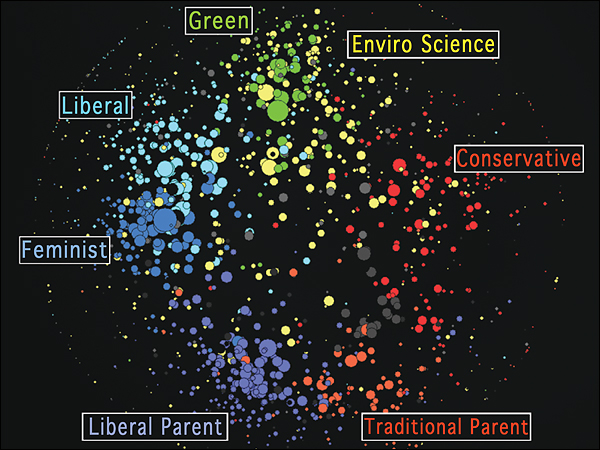Soft Power: Loved, Feared and Online
July 30th, 2009 — Scott HartleyIn a July 29 “Tweet,” Jared Cohen of the U.S. State Department Policy Planning staff shared an article entitled “The Next Diplomatic Cable,” echoing recent statements of Secretary of State Clinton. On May 18, in her Barnard College commencement speech, Clinton highlighted the diplomatic potential of social networking. In a July 15 talk at the Council of Foreign Relations, Clinton stated that she is working at the State Department “to ensure that our government is using the most innovative technologies not only to speak and listen across borders, not only to keep technologies up and going, but to widen opportunities, especially for those who are too often left on the margins.”
But as press circulates about such “21st Century State-Craft,” “Digital Diplomacy,” and “Calls to Mouse,” digital intransigence at Main State exposes a contradictory reality. Despite employee requests to use FireFox, a free product, State Department officials dubiously cited “expense questions” as a reason to remain with Internet Explorer.
The State Department is no doubt making technological inroads by partnering with groups such as Howcast to expand the digital landscape, providing advice on “How to Protest Without Violence,” and “How to Launch a Human Rights Blog.” And greater online presence will surely increase diplomatic transparency. However, there are still those who doubt the value and traction of “Facebook activism.” On July 2 a Washington Post article argued that, despite normative windfalls from group solidarity, the facility of virtuous clicks online might erode real-world action. And if Soft Power assertion is an objective of “21st Century State-Craft,” one might ask, to what extent will official State Department status updates, Tweets, and micro-broadcasts substantively change the perceptions of today’s “digital natives?” Harvard Kennedy School Professor Joseph Nye articulates “Values, Culture, Policies and Institutions” as the “primary currencies” of Soft Power, but how much does effective Soft Power rely on nonchalance, rather than aggressive posturing in the form of “Digg” links? As Egyptians supporting Arsenal, watching the English Premier League on Al Jazeera, or Somali citizens searching on Bollywood icons such as Shahrukh Khan might attest, truly effective Soft Power might rely on more passive, and less “In Your Screen” tactics.
While greater use of the Internet to devise “21st Century State-Craft” is undoubtedly important, blogs, Tweets, and Diggs won’t likely bring Foggy Bottom to the top of all Internet results. Then again, perhaps coordinated on- and off-line diplomacy will mitigate the duality underscored by Machiavelli: “It would be best to be both loved and feared. But since the two rarely come together, anyone compelled to choose will find greater security in being feared than in being loved.” Perhaps “21st Century State-Craft” can, in 140 characters or less, craft a response.





 Click Here
Click Here